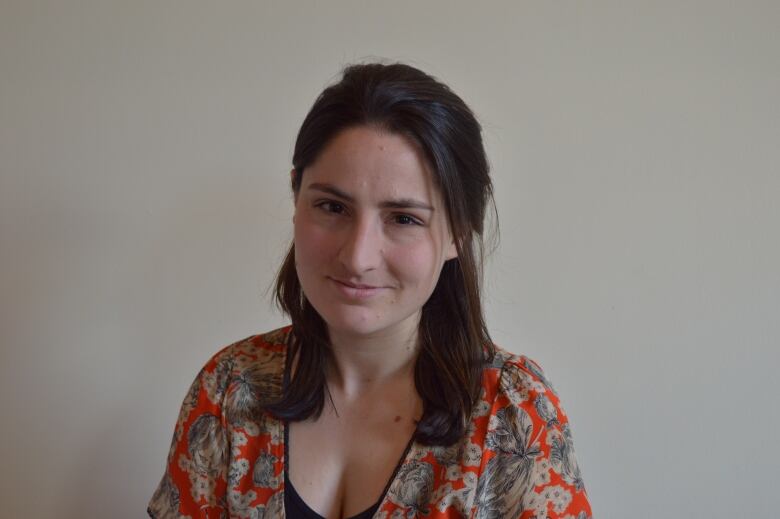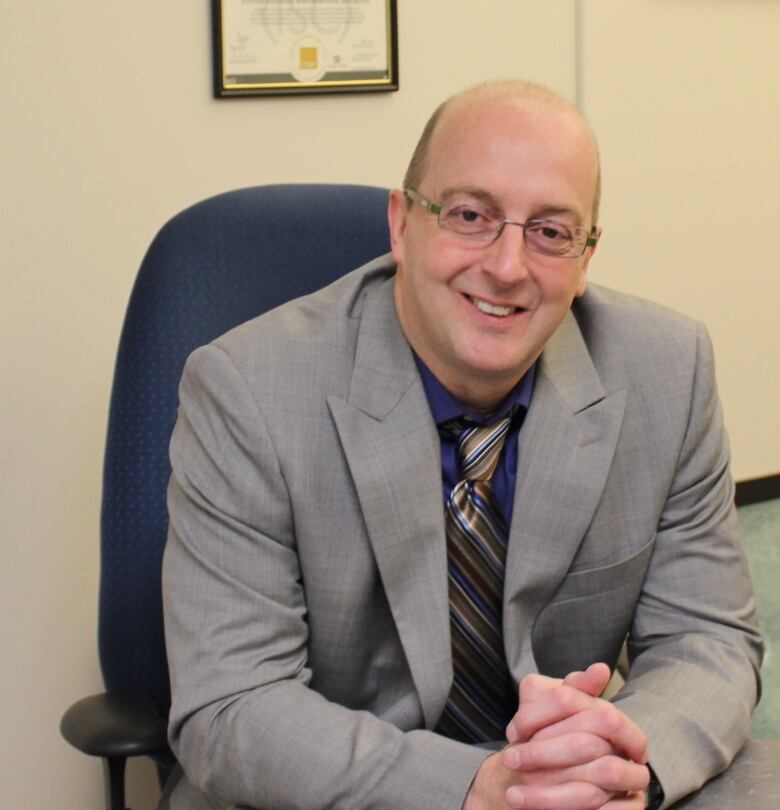Police body cameras show promise, but raise questions
Canadian police must strike 'appropriate balance' between transparency and privacy, civil liberties group says

As Canadian police forces complete pilot projectsassessingwhether officers willwear video cameras on their uniforms,experts in both civil rights and policing say they see value in the practicebut urge proceeding with caution.
"The 'how' is extremely important," Laura Berger, acting director of the public safety program at the Canadian Civil Liberties Association, told CBC News."This isan area where the devil is absolutely in the details."
- Body cameras: Can they reduce confrontations with police?
- Police body cameras flagged by privacy commissioners
The Toronto Police Service wrapped up the10-month test phase of apilot project thatequippedabout 100 officers with body-worn cameras on March 31. The evaluation process is expected to be completed by June 30, police spokesman MarkPugashsaid.
The idea of using body-worn video cameras gained momentum in the U.S. and Canada overthe last few years amid concerns from both the public and the police about use of force and misconduct allegations.In 2014, U.S. President Barack Obama pledged millions of dollars for50,000 body cameras to be distributed to police departments across the country.
In Canada, Calgary is the city closest to outfittingall of its front-line uniformed police officers with the cameras something the police force has announced it willdo by 2017.

"This is the future," Kevin Brookwell, spokesman for the Calgary Police Service, told CBC News."Everybody from, you know, elementary school right up to adults have smartphones or cameras. How is it that a policing agency in the 21st century has no capability of recording what we're doing?"
The Edmonton Police Service planned to move forward on a smaller scale by distributing 60 camerasto members of its traffic services branch, but halted the program due to lack of funding, saidPeter Clissold, the police service'ssecurity director and thelead for its body-worn camera pilot project.

Clissold said in addition to funding,body-worn cameras raise a number of concerns that need to be addressed, including privacy,"because it's such new technology" that Canadian legislation doesn't specifically cover it.
"There's going to be new ground," he said."The main findings [of the pilot project] were that there actually remained a lot of unanswered questions,"
Clissold said the pilot project in Edmonton found "no effect on the use of force," contrary to observations byBrookwellin Calgary, as well as findings cited by some police forcesin the U.S.
Berger, of the Canadian Civil LibertiesAssociation, said it's important totestassumptions in thisemerging area of technology and policing.

"I think there is an assumption that if people are being filmed, they will not unnecessarily use violence, that they'll be more conscious and more thoughtful about the ways that they react because they know that they're on camera," she said.
"We need to be cautious of the idea that video never lies and that video evidence will provide a panacea to concerns about police use of force and accountability."
However, the CCLAdoes believe police body cameras "can be an important tool for accountability and transparency," Berger said, as long as "the accountability benefits outweigh any privacy risks" for the public.
One of the key questions, shesaid, is determining when the cameras should be on or off, and who makes that decision.
"The value of a body camera as an accountability tool is eroded if the individual officer has control and discretion over when to turn it on," she said. "If officers can pick and choose which interactions they want to record ...we might expect that negative interactions are not going to be recorded,and so we're not going to have that evidence that could be useful in cases of police violence or in cases where complaints are lodged."
Still, Berger believes it's possible for police services to "strike the appropriate balance" with clear policies stipulating what must be recorded, including arrests, and disciplinary consequences for officers who don't have a "reasonable explanation for why there wasn't footage of [an] interaction."
Brookwellagrees, saying the Calgary policeworked extensively ona comprehensive policy and will continue to revise it as new questions or issues arise.
He said situations in which officers can or should turn off their cameras include:
- In a law office.
- In a hospital.
- When interviewing a sexual assault victim.
- When interviewing a child.
- Notifying family members of a death.
- During bathroom breaks or while making personal phone calls.
'Tread slowly and carefully'
Police officers themselves have manyunanswered questions when it comes to wearing cameras, said Bruce Chapman, president of the Police Association of Ontario.
"We're not opposed to it," Chapman said. "We see some value to it to protect our officers and to get a full version of an event or an action where the police are engaged with members of the public."
However, "there's so many variables that cause us some concern that haven't been fully explored," hesaid, including whether cameras canbe turned on inpeople's houses or in police cars when two officers are alone having a conversation.
"I just think we need to tread slowly and carefully and have all those answers before we go full speed ahead," Chapman said.
Brookwellsaid that's what Calgary police aredoing.
"We want to do it right. We don't want to do it fast," he said.
Corrections
- An earlier version of this story incorrectly identified Calgary Police Service spokesman Kevin Brookwell as "Kevin Brookman."Apr 06, 2016 9:24 AM ET












_(720p).jpg)


 OFFICIAL HD MUSIC VIDEO.jpg)
.jpg)



























































































